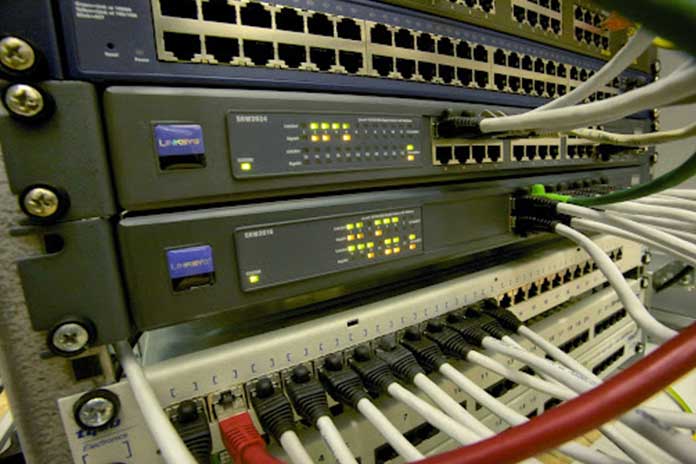When it comes to choosing an internet provider, many people consider only the price of the service.
However, there are a number of other factors that should be taken into account in order to make the best decision for your needs and preferences.
To simplify the process, here are 8 questions you should ask yourself before switching to a new internet provider:
1. What type of connection do I need?
Depending on your usage, you may require different types of connections.
For instance, if you plan to use VoIP services such as Skype or FaceTime, then a high-speed fiber optic connection with low latency will be necessary.
On the other hand, if you are using streaming platforms like Netflix or Hulu Plus, then an ADSL connection will usually suffice.
2. How much bandwidth will I need?
Bandwidth is the measure of how much data can be transferred across a network at once.
If you frequently download large files or stream high-definition video content, then a higher bandwidth will be required than for basic web browsing and emailing tasks.
Be sure to pick an internet package that offers enough bandwidth for all of your needs. You do not want to worry about the WiFi signal strength Mac or another device has to struggle with, after all.
3. How reliable is the service?
Reliability is key when selecting an internet provider. Make it your priority to research the customer reviews and ratings associated with each potential provider in order to get an idea of how satisfied customers tend to be with their offerings and customer service levels over time.
It’s also important to inquire about any guarantees that come with their packages in case something goes wrong, or speeds decline unexpectedly due to congestion on the network’s side.
4. Is there a contract involved?
Some providers offer month-to-month plans, while others require customers to sign contracts for at least one year or longer periods of time with associated termination fees if canceled early on in some cases.
Consider both options carefully before committing your resources and decide which works best for you based on your likely usage duration and budget constraints, if any apply in this case.
5. Are there any additional fees?
Many providers charge extra fees for things like installation fees, equipment rental costs (modems/routers), and even overage charges for exceeding set limits on usage each month, etc., so review these items in detail before signing up with a particular provider so as not to be surprised by unexpected charges later down the road.
6. What type of customer support does this provider offer?
Quality customer support is essential when dealing with technical issues or problems related to billing inquiries, so make sure they provide 24/7 phone support and online helpdesk options so that you can get assistance quickly whenever needed without having to wait long periods of time outages occurring during peak hours.
7. Is there any sort of money-back guarantee offered?
Some providers offer a money-back guarantee just in case you end up not being satisfied with their service after trying it out due to different reasons such as poor connections/speeds or other types of issues arising typically during the first months after installation.
Do some research beforehand and see what type of warranty they have in place so that you are aware of ways to get compensated accordingly if something doesn’t work according to expectations.
8. Am I eligible for discounts if I bundle services together?
Many providers offer discounts when customers bundle multiple services together, such as TV packages and Internet access, so check out what deals are available before committing anything just yet, as this could lead to substantial savings depending on the particular situation here.
Conclusion
Finding an internet provider is no small task – but by asking yourself these 8 questions before switching to a new service provider, you can ensure that you’re making an informed decision and getting the most out of your investment.
Also Read: Browser Isolation: 3 Steps To Secure Business Internet Use

